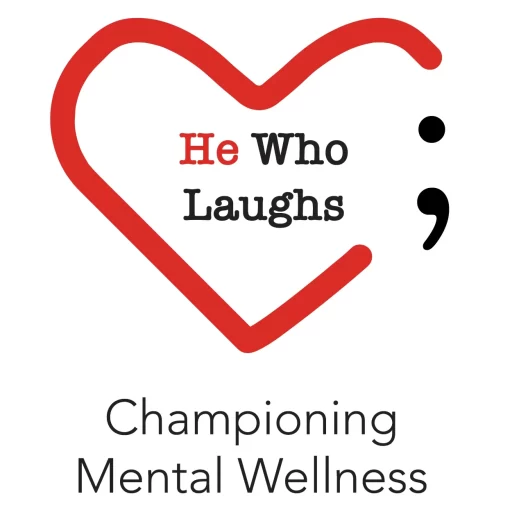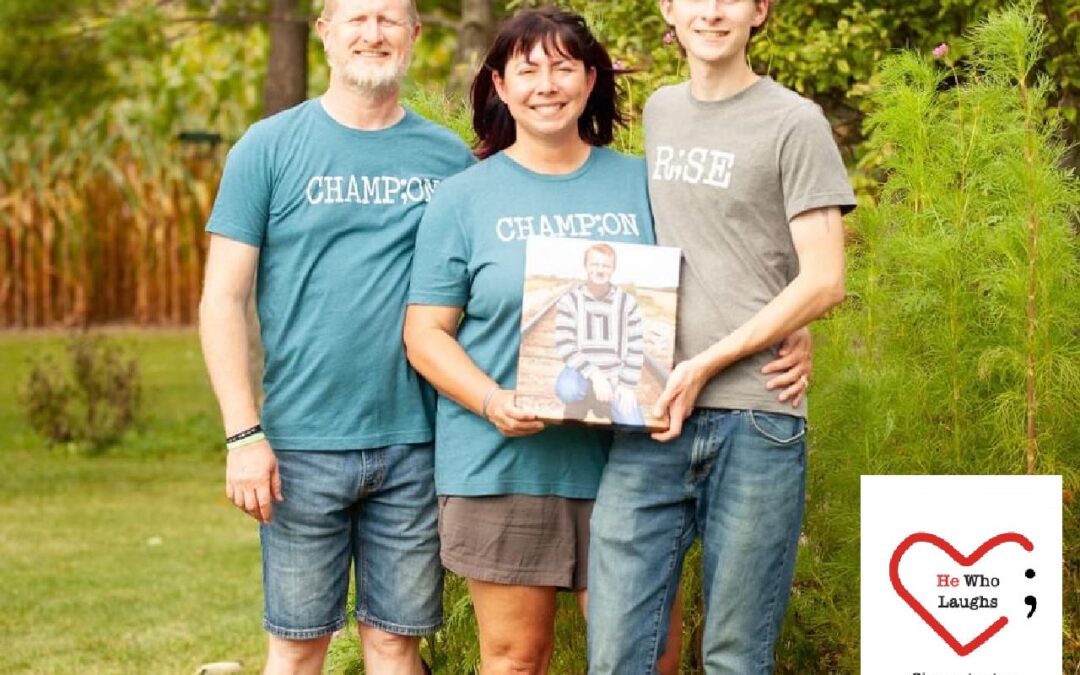Emotional characteristics of grief vary person to person. You might even notice I opted for the word “characteristics of grief” instead of saying symptoms of grief. My choice of words is very intentional. When you hear the word “characteristics” used we often list out what we have felt, or experienced in personal situations. Emotions are shared with the intention to have those moments empathetically held or to build connection to other human beings.
In hearing the word “symptoms” most individuals automatically think of an ailment that needs treatment. We hear discussions around someone displaying symptoms and often ask “what happened, how long has this been going on,” or, “Are they seeing someone for help” as if it is any of our business. In Western culture, the notion of symptoms is often synonymous with returning to a previous place of functioning. In loss of life, there is no returning to what was no matter how hard you strive for the past to catch up to the present.
When grief meets us, introduces itself with a hand extended for befriending, we often run. No one readily seeks out grief or thinks of grief as a friend. I mean who readily wants to know deep loss? Who says sign me up for a deep ache that forever changes my life? In a culture that does not embrace death and dying with open arms, it is incredibly cumbersome to share what we might be feeling for fear of judgment, isolation, or being told “aren’t you over it yet?” For those who have never known deep loss I will let you in on a secret. You never get over it.
Emotional characteristics of grief can vary depending on coping, support networks, and self expression. It can look like:
- Shock
- Sadness
- Guilt or Regret
- Anger
- Depression or Anxiousness
- Detachment
- Irritability or Numbness
- Fear
My experience with death prior to Isaac dying by suicide was as a hospice social worker for 15 plus years. My employment provided me with close and personal lessons on emotional characteristics of grief, as well as many other life lessons. This experience made me respect even more how we are all individually made and process life transitions. I believe that I never chose being a social worker, it chose me for reasons that were unknown until 9.23.19. Without the experience of my social work career I know that I would have been at an even bigger disadvantage to advocate for Isaac. Without my professional experience, I would not have been able to honor the invitation to fluidly feel after losing one of my children.
Looking back, Isaac yearned for some sense of normalcy.
I find myself reflecting on how incredibly hard and disjointed it must have been for Isaac to know he did not “feel right,” not to mention he most likely could not verbally articulate what felt invasive in his body. Life many youth, Isaac wanted to be independent and he wanted to prove he could handle what life threw at him. I can only image the emotional storm that raged the night he decided to end his life.
In hindsight, I believe Isaac was grieving for the normalcy of a life that was elusive to his efforts. He knew he was different, and yet he could not find words to express the battle taking place in his brain. Often when asking him why he did things or said things that were questionable we were greeted with “I don’t know why.” At first, I thought he was being a defiant teenager, and now I realize that in those moments his undiagnosed neurological autoimmune condition was flaring. Isaac truly did not know what was happening or how to articulate it to us.
My emotional characteristics of grief vary day to day. The first year of my adjustment to life without Isaac physically here was numbing. The second year was a flood gate of emotions that stormed my life, especially anger. As the third year anniversary looms in the future, I find myself drawing inward. Sitting with what I feel and trying to use it for some greater good so others never have to join the club no one wants in. My sharing is not to gain sympathy, but to normalize how we hold grief in a culture avoidant of death and dying, as well as breaking barriers that stigmatize mental health.
What are some emotional characteristics of grief that you have experienced?

